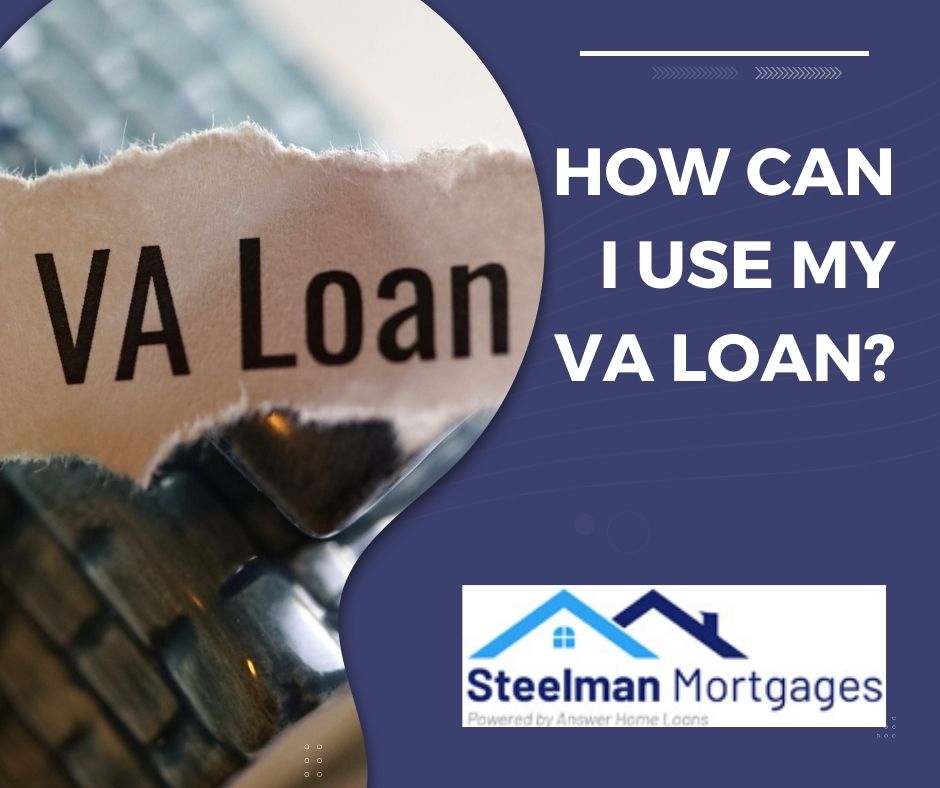One of the benefits available to veterans and active duty members of the military is the VA loan, providing a way to buy a home without the traditional requirements. If you are considering using a VA loan to purchase your home, there are a few things you need to know about which type of home you can purchase with it.
What is a VA loan?
A VA loan is a $0 down mortgage option that is guaranteed by the Department of Veterans Affairs (VA). Active duty or retired members of the military can use a VA loan to buy a home without waiting to save up a down payment. Because the loan is insured by the VA (meaning the VA will repay the loan if the borrower defaults on it), lenders are able to offer the loan in spite of the higher risk represented by taking no down payment.
There are other benefits included in the VA loan as well, including a lower credit score requirement, no private mortgage insurance (PMI), and generally offer a lower mortgage interest rate than other loans.
Who is eligible for a VA loan?
To be eligible for a VA loan, you or your spouse must meet at least one of the following criteria:
- You have served at least 181 days of active service during peacetime.
- You have served at least 90 consecutive days of active service during wartime.
- You have served more than 6 years of service with the National Guard or Reserves or 90 days under Title 32 with at least 30 of those days being consecutive.
Beyond these criteria, lenders can set their own requirements for credit scores, but they do tend to be more lenient than with other mortgage products.
What kind of home can I buy with my VA loan?
After determining that you are eligible for a VA loan, the next step is of course to look for a home. It is important to note that there are some limitations to how the VA loan can be used. The property you purchase with your VA loan needs to meet certain criteria, a system that ensures the VA is taking on a reasonable risk when guaranteeing the loan.
Condos
The VA loan can be used for the purchase of a condo, but only when the entire condominium complex has received VA approval. Check with the current list of approved VA condo complexes, and if the condo you are considering is not on the list you can have your lender request approval of the complex. It may take some time for the complex to be approved, as the VA will review the organizational documents, title, parking availability, and homeowner’s association policies before determining approval status.
Manufactured Homes
In some cases, you will be able to use your VA loan to purchase a manufactured home. If so, the home will need to meet the following criteria:
- Be properly affixed to a permanent foundation
- Single wide homes must be at least 400 square feet, and double wide must be at least 700 square feet
- Must have permanent eating, cooking, sleeping and sanitary facilities
More: 10 Things to Know About a VA Loan
Modular Homes
Modular homes are defined as homes that are built in sections at a factory and reassembled on-site by a contractor. These tend to appreciate more quickly than manufactured homes, putting them in a different category of real estate. As long as the modular home is attached to a permanent foundation and has been built according to HUD qualifications, it will be eligible for the VA loan.
Custom New Construction
Building a custom new construction home with a VA loan is extremely challenging, as the builder must provide a complete one year warranty on the home and in many cases the builder will have to agree to begin based on pre-approval status on the contingency that the home passes three different inspections. In most cases, building a new construction home is not a good fit for a VA loan.
Vacant Land
Vacant land is not eligible for a VA loan. The loan is designed to support military members and their families buying a home, so the land must have a livable dwelling on it to qualify.
Detached Single Family Homes
As you may have gathered, the easiest way to use your VA loan is on a detached single family home. So long as the home passes basic inspection and appraisals, you shouldn’t have any issues.
To find out more about qualifying for a VA mortgage, talk to me today!
IF you enjoyed this post, these might be helpful as well:
5 Common Mortgage Mistakes to Avoid
The Most Important Steps Toward Buying Your First Home
Steps to Determining Your Mortgage Budget
5 Benefits of Buying a House with Good Credit
What’s the Difference Between Pre-Approval and Pre-Qualification?


